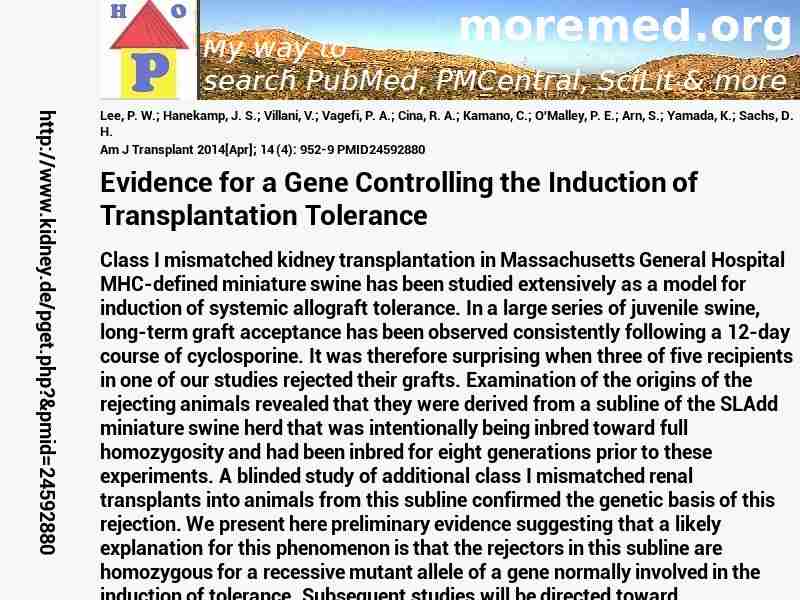10.1111/ajt.12646
http://scihub22266oqcxt.onion/10.1111/ajt.12646

C4042397!4042397!24592880
 free free
 free free
 free free
|  
Deprecated: Implicit conversion from float 225.6 to int loses precision in C:\Inetpub\vhosts\kidney.de\httpdocs\pget.php on line 534
Deprecated: Implicit conversion from float 225.6 to int loses precision in C:\Inetpub\vhosts\kidney.de\httpdocs\pget.php on line 534
 Am+J+Transplant 2014 ; 14 (4): 952-9 Am+J+Transplant 2014 ; 14 (4): 952-9
Nephropedia Template TP
gab.com Text
Twit Text FOAVip
Twit Text #
English Wikipedia
|

 free
free free
free free
free